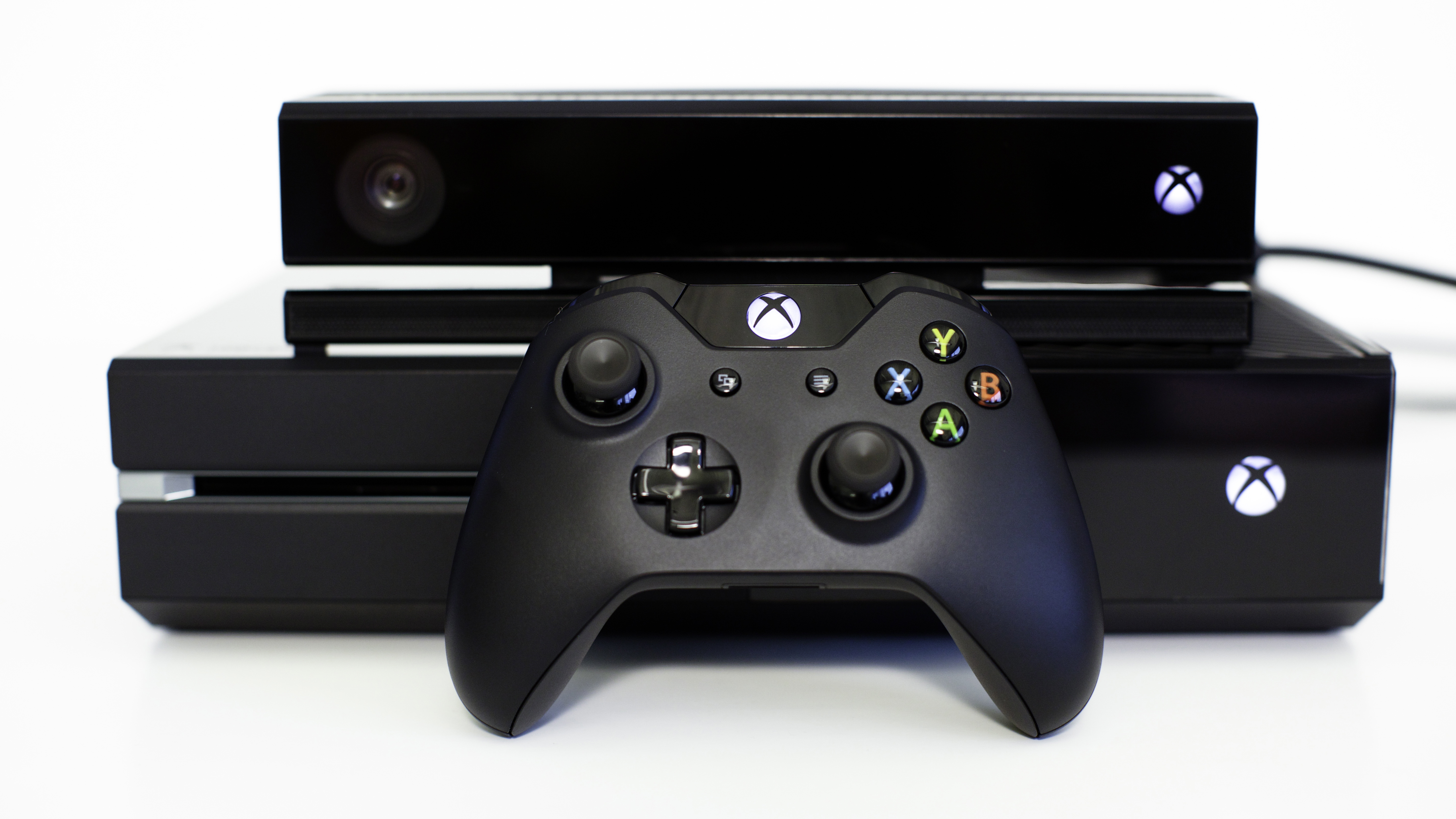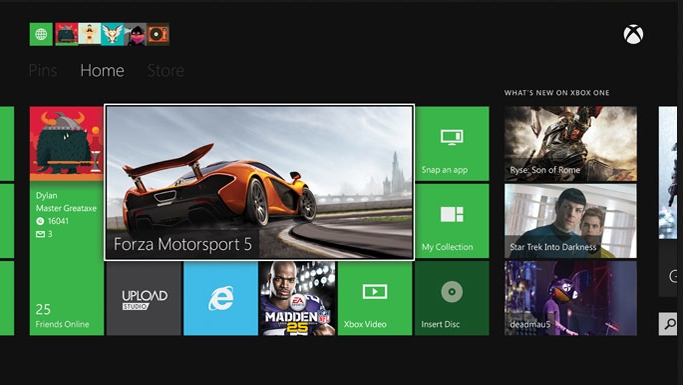From reveal to retail: How we arrived at the Xbox One Day One Edition
Xbox One was against everything before it was for it

Sign up for breaking news, reviews, opinion, top tech deals, and more.
You are now subscribed
Your newsletter sign-up was successful
The Xbox One name is a misnomer that's as giant as the hefty console itself, as Microsoft has put its third system through four major changes in just six months.
Microsoft's pendulum-swinging messages were no doubt fueled by Sony's more gamer-friendly PS4 announcements and zinger-filled E3 jabbs.
Ultimately, consumers benefit from more than the entertaining back-and-forth between the two companies - they also now have a better, feedback-inspired, next-generation Xbox.
The changes of the last six months have made transitioning from the Xbox 360 to Xbox One a little easier, albeit a bit confusing at times.
The only requirement the much-evolved Xbox One needs now is to set the record straight.
Xbox One online check-ins check out
The Xbox One reveal on May 21 sparked a panic of rumors that the new system would carry an "always-online" requirement. Gamers immediately feared this "no internet connection, no functional Xbox" future.
This was never really the case, but Microsoft failed to promptly address the situation with facts, leaving wild speculation to shape the Xbox One in a color reminiscent of the Red Ring of Death.
Sign up for breaking news, reviews, opinion, top tech deals, and more.
When the company did set the record straight, gamers were left with something less threatening: a once every 24 hours online check-in requirement to keep the Xbox One chugging along.
There were benefits to this daily internet check-in "feature." Both physical and digital game purchases could be backed up to a cloud-based library and played on another Xbox One.
A few gamers liked this idea so much that they petitioned Microsoft to bring back Xbox One DRM.
- Take a gander at our Xbox One controversy timeline. Just to the right ... there you go.
Family sharing shot down
Microsoft also introduced a family sharing plan that would have allowed up to 10 members of a family to log in and play from each others' shared games library - again on any Xbox One.
"You can always play your games, and any one of your family members can be playing from your shared library at a given time," Microsoft explained while never defining how loose of a concept "family member" would be.

The true definition doesn't matter now. Both the cloud-based library and family sharing concept were axed, at least for the time being, when Microsoft gave up on the online check-in requirement - it was necessary to make the games library syncing process work.
Considering gamers' experience with frustrating DRM catastrophes, the potential downsides to an almost-always-online console outweighed game sharing features between multiple Xbox One consoles and family members.
Xbox One used games policy reversal
The greater reason behind the periodic online check-ins had to do with how Microsoft wanted to control Xbox One used game sales.
Was it an all-out used games ban? Was there a fee attached to buying or selling a used game? Was it just an option for third-party publishers to take advantage of?
These were some of the important questions on gamers' minds that went unanswered from the first day the Xbox One was announced until up to 31 days later. Politicians in a heated scandal usually fold faster than that.
On June 6, Microsoft finally made it clear that transferring an Xbox One game to a friend wouldn't incur a fee if they've been on your Xbox Live friends list for more than 30 days. But each game could only be exchanged once.
Xbox One game trade-ins to "participating retailers" were also possible and Microsoft said it wouldn't charge a fee here either, but this left the door open to third-party publishers to apply fees.
It also seemingly closed the door to independent video game retail chains that get by on buying and reselling used games due to the never-defined "participating retailers" list.
Microsoft also hadn't made plans for loaning and renting games, stating that these options wouldn't be possible when the Xbox One launched. It was "exploring the possibilities with [its] partners."
